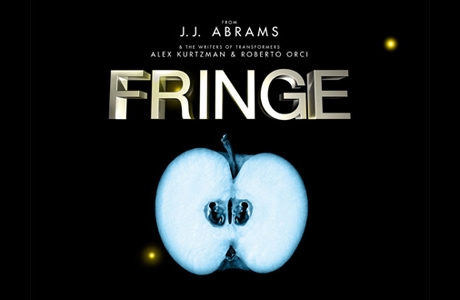 Bradley Burgess | rawr reviews
Bradley Burgess | rawr reviews
An FBI agent, a slightly insane scientist and his roguish son team up to solve bizarre and unexplainable crimes. That was the premise upon which “Fringe” was based when it launched in 2008. The show’s first season progressed nicely, presenting us with a new, crazy case each week, occasionally with a cool twist at the end.
In the season’s penultimate episode, the concept of an alternate reality in which several different choices make or break the world was introduced.
In this world, the Twin Towers are still standing, pens have been sacrificed for smart tablets, and half-human, half-machine terrorists cross over to our universe to assume the identities of figures of power.
The second season took turns between the procedural show that it was and a grand mythology show like “Lost” with the occasional mind blowing twist. The two-part season finale introduced several alternate versions of the main characters and a relationship between the real main characters, Peter (Joshua Jackson) and Olivia (Anna Torv.)
This relationship dominated the third season, the crazy cases being secondary to the love story, making the show less like a sci-fi procedural and more like a CW drama, which is not a good thing. Peter would go on to sacrifice his life for Olivia’s survival in the season finale, watched by strange beings called Observers that have been seen in every episode.
Season four deals in an alternate timeline where not only is Peter gone, he never existed. Eventually, he is resurrected by a rouge Observer called September that has been manipulating events since the series’ fourth episode. In the season’s nineteenth episode, we jump forward to the year 2036, where the Observers have initiated a hostile takeover of the Earth and our heroes are frozen solid in time. Peter and Olivia’s future daughter resurrects them to help them save the Earth from Observer regime in the premiere of the fifth, final and most recent season.
While “Fringe” isn’t the worst show on air — the occasional twist revives the show and the characters are always fun — it is an unfocused show. Each season is its own animal and there are very few ties from one to the other. It dabbles between a Lost-style mythology, have-to-watch-every-episode-to-be-a-fan show, and a traditional cop show with an “X-Files” twist. With the final season more focused on wrapping up the story, maybe it’ll go out with a bang, but until then, “Fringe” will be judged as an ever-evolving series with too many different ideas to settle as a whole show.